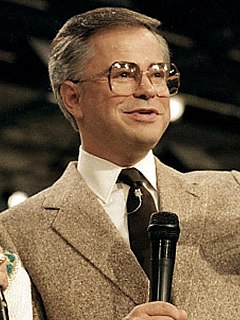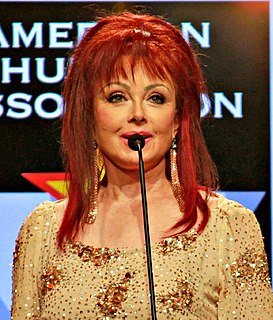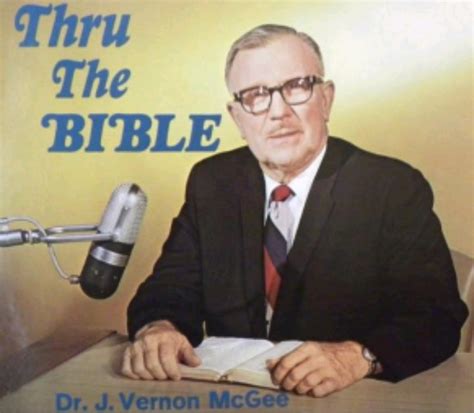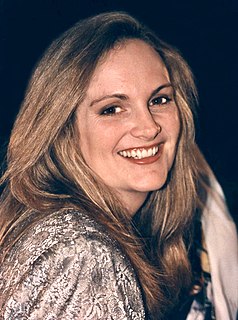A Quote by Charlotte Mason
Education, like faith, is the evidence of things not seen.
Related Quotes
The best definition I can find of faith is the dependence upon the veracity of another. The Bible definition in the 11th chapter of Hebrews is, 'Faith is the substance of things hoped for, the evidence of things not seen.' In other words, faith says amen to everything that God says. Faith takes God without any ifs, If God says it, Faith says I believe it; Faith says amen to it.
We may define "faith" as the firm belief in something for which there is no evidence. Where there is evidence, no one speaks of "faith." We do not speak of faith that two and two are four or that the earth is round. We only speak of faith when we wish to substitute emotion for evidence. The substitution of emotion for evidence is apt to lead to strife, since different groups, substitute different emotions.
Fading, with the Night, the memory of a dead love, and the withered leaves of a blighted hope, and the sickly repinings and moody regrets that numb the best energies of the soul: and rising, broadening, rolling upward like a living flood, the manly resolve, and the dauntless will, and the heavenward gaze of faith-the substance of things hoped for, the evidence of things not seen!
Faith is the substance of hope - of things hoped for and the evidence of things not seen. So if you can hope for it and imagine it, and keep imagining and hoping and seeing yourself driving a new car, or seeing yourself getting that job, or seeing yourself excel, seeing yourself help that person - that is faith.
But what, after all, is faith? It is a state of mind that leads people to believe something - it doesn't matter what - in the total absence of supporting evidence. If there were good supporting evidence then faith would be superfluous, for the evidence would compel us to believe it anyway. It is this that makes the often-parroted claim that 'evolution itself is a matter of faith' so silly. People believe in evolution not because they arbitrarily want to believe it but because of overwhelming, publicly available evidence.
Faith, to be faith, must center around something that is not known. Faith, to be faith, must go beyond that for which there is confirming evidence. Faith, to be faith, must go into the unknown. Faith, to be faith, must walk to the edge of the light, and then a few steps into the darkness. If everything has to be known, if everything has to be explained, if everything has to be certified, then there is no need for faith. Indeed, there is no room for it.


































